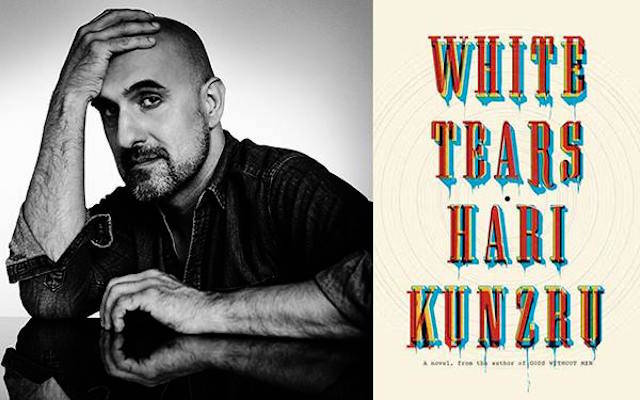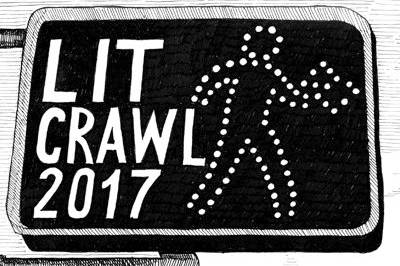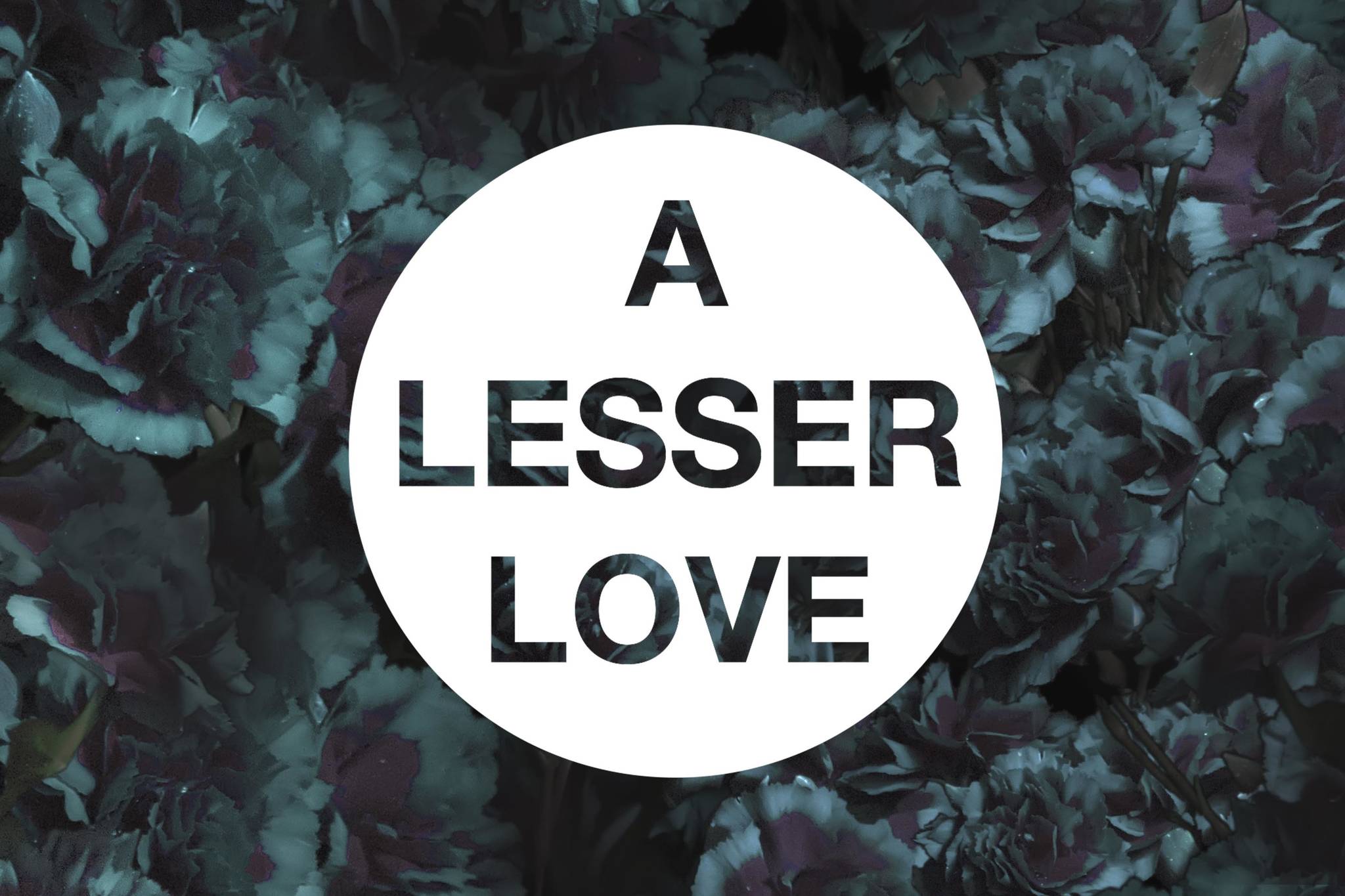In July 2015 on the website Very Smart Brothas, Damon Young wrote a blog post titled “Serena Williams Drinks, Bathes In, and Makes Lemonade with White Tears.” The next day he published another, titled “White Tears, Explained, for White People Who Don’t Get It.” It seemed his original post had inspired some white tears of its own. Young quoted a white reader’s response: “It’s disturbing how it seems many black people resent white people, when we all bleed the same color. How can we get to equality when there’s so many stirring the pot with hatred?”
Young patiently (and with more than a little bemusement) explained to the aggrieved white people that white tears are “what happens when certain types of White people either complain about a nonexistent racial injustice or are upset by a non-White person’s success at the expense of a White person.” His post highlighting white complaints about racial unfairness was met with more white complaints about racial unfairness. This cycle probably continues to this very day—imagine an infinity symbol made out of white tears, swallowing itself forever.
So it’s safe to assume that Hari Kunzru has already heard from upset white people about the title of his latest novel, White Tears. He’s probably already been accused of reverse racism, or race-baiting, or whatever the catchphrase is among the special snowflakes who love to cry out about injustices committed against the ever-innocent white race. If you were planning on going to his Elliott Bay Book Company reading on Tuesday to alert him to his insensitivity toward Caucasians, you can just stay home and rest easy, knowing some other white dude has already gotten there. Stay in, draw a nice bubble bath, read some Jonathan Franzen, and rest easy, knowing that your people have already spoken out.
But everyone else should go to this reading.
Over 15 years, Kunzru has proven himself an agile and witty novelist. His 2002 debut, The Impressionist, was about a man at the sunset of British colonialism whose racial identity could freely shift back and forth between British and Indian. (Kunzru himself is British Indian.) Ever since, his books have spoken frankly and with good humor about race.
White Tears finds Kunzru taking on American racism with a bold frontal attack. It’s about two young New Yorkers who pass off a contemporary recording as a 1950s blues classic, thereby raising questions about cultural appropriation, authenticity, and authorship. The book travels through time and exhumes some dangerous ghosts as the recording seems to hit everyone it encounters in their most fleshy, delicate spots. That a few angry white people probably couldn’t make it past the book’s title without writing a strongly worded Facebook post is part of the joke, and only proves Kunzru’s point.
Elliott Bay Book Company, 1521 10th Ave., 624-6600, elliottbaybook.com. Free. All ages. 7 p.m. Thurs., April 13. Paul Constant is co-founder of The Seattle Review of Books. Read daily books coverage at seattlereviewofbooks.com.








